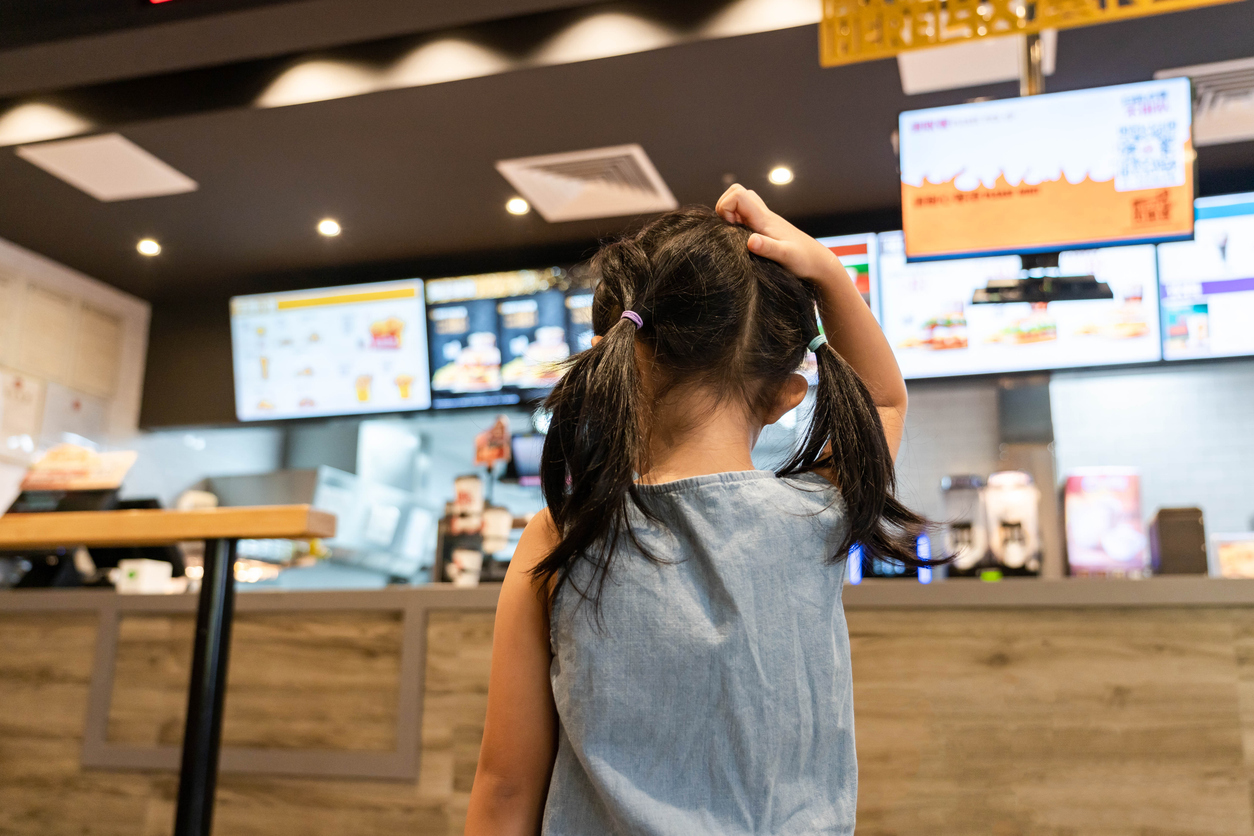AI-driven solutions are transforming the restaurant industry by streamlining operations, enhancing customer experiences, and boosting profits. These technologies utilize machine learning algorithms to analyze vast amounts of data, enabling predictive analytics for inventory management, menu optimization, and personalized customer recommendations. By automating repetitive tasks like order processing and scheduling, AI frees up staff to focus on delivering exceptional service.
Additionally, AI-powered chatbots and virtual assistants improve communication and engagement with customers, leading to higher satisfaction levels. Embracing AI-driven solutions empowers restaurants to operate more efficiently, adapt to changing demands, and thrive in competitive markets.
Optimize Restaurant Operations
AI in restaurant operations enhances efficiency by optimizing kitchen workflow, staff scheduling, and table turnover. AI-driven tools like predictive analytics software analyze historical data to forecast demand, enabling precise staff scheduling and inventory management. Automated kitchen systems utilize machine learning algorithms to streamline cooking processes and minimize wait times. Additionally, AI-powered reservation systems optimize table turnover by dynamically adjusting booking times based on real-time data.
Accurate Demand Forecasting And Planning
Restaurants often struggle with labor shortages, leading to over-staffing or under-staffing during peak hours. AI-based demand forecasting tools provide accurate predictions based on factors such as weather patterns, local events, and historical data. By accurately predicting demand, restaurants can optimize staff scheduling and avoid excess labor costs. Planning tools also allow restaurants to plan for inventory needs, ensuring they have the necessary ingredients and supplies on hand to meet demand.
Enhancing The Dining Experience
AI-driven solutions like personalized menu recommendations enhance the dining experience by leveraging customer data to offer tailored suggestions. By analyzing past orders, dietary restrictions, and dining habits, AI algorithms can suggest menu items that align with individual preferences, enhancing satisfaction and promoting upselling opportunities. Moreover, AI-powered table service ensures a seamless dining experience by automating order processing, alerting staff to refill needs, and facilitating prompt service. These innovations not only improve customer satisfaction but also streamline operations for restaurants, resulting in increased efficiency and revenue.
Drive Sales And Repeat Business
With AI, restaurants can identify growth opportunities by analyzing data and customer behavior. By understanding peak hours, popular menu items, and customer preferences, restaurants can optimize their offerings and marketing strategies to attract new customers. AI-powered marketing campaigns can target specific demographics and personalize promotions, increasing customer engagement and loyalty. Additionally, AI-driven analytics provide insights into operational efficiency, allowing restaurants to streamline processes and reduce costs, ultimately driving business growth and increasing revenue.
Improve The Customer Service Experience
AI maintaining human touch is pivotal to improving the customer service experience. AI-powered chatbots handle reservations, inquiries, and feedback promptly, offering convenience and efficiency. By incorporating natural language processing, chatbots simulate human-like interactions, ensuring personalized and empathetic responses. Moreover, AI analyzes customer data to anticipate needs and preferences, enhancing satisfaction and fostering loyalty. This seamless integration of technology with a human touch not only streamlines operations but also strengthens relationships between restaurants and customers, ultimately elevating the overall dining experience.
Boost Sustainability Efforts
AI plays a crucial role in boosting sustainability efforts by optimizing energy usage and minimizing waste in restaurants. Smart AI systems can analyze energy consumption patterns to identify areas for improvement and implement energy-saving measures. Additionally, AI tools aid in sustainable sourcing by tracking the environmental impact of ingredients and promoting eco-friendly practices such as composting and recycling. This integration of AI technologies not only reduces the carbon footprint but also aligns businesses with environmentally responsible practices.
Minimize Food Waste
To cut down on food waste, AI monitors and optimizes inventory levels in real-time. Through predictive analytics, AI systems forecast demand and adjust ordering accordingly, preventing overstocking and spoilage. Additionally, AI solutions track expiration dates and implement FIFO (first in, first out) inventory management techniques to ensure older stock is used first. Surplus inventory is efficiently managed through AI-driven redistribution strategies, such as donating excess food to charities or repurposing ingredients for other dishes, further reducing waste.
Address Labor Shortages
To tackle labor shortages, AI steps in to automate repetitive tasks, allowing human resources to focus on more complex responsibilities. Through robotics and machine learning, AI systems handle routine tasks like order processing and inventory management, alleviating the strain on understaffed restaurants. Additionally, AI supports human resources by providing insights and assistance for decision-making processes, enhancing productivity and operational efficiency amidst labor shortages.
Efficient Inventory Management
With AI-driven inventory management, restaurants benefit from real-time tracking and optimized supply chains. AI algorithms analyze data to predict demand accurately, ensuring inventory levels are always optimized. AI solutions minimize waste and maximize efficiency by preventing stock-outs and overstock situations. Through continuous monitoring and data-driven insights, restaurants can streamline inventory management processes, reducing costs and improving overall operational effectiveness.
Boost Food Safety And Mitigate Risks
Using AI-powered systems, restaurants bolster food safety by proactively monitoring standards and detecting risks. Through sensors and machine learning algorithms, AI analyzes factors like temperature and hygiene practices to ensure compliance with regulations. Moreover, AI enables real-time quality control by identifying anomalies in food production processes. By leveraging AI technologies, restaurants can effectively mitigate risks, uphold food safety standards, and maintain high-quality standards, ultimately safeguarding customer health and reputation.
Improve Restaurant Efficiency Through Checkmate
Checkmate offers ordering solutions to improve restaurant efficiency, keeping businesses up-to-date with the latest trends. Our platform streamlines operations, automates tasks, and frees up more time for employees, allowing restaurants to operate more efficiently and profitably. Contact us to learn more about how tech solutions can transform your business.





